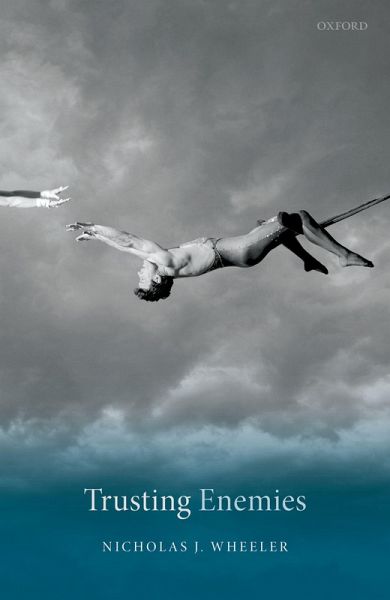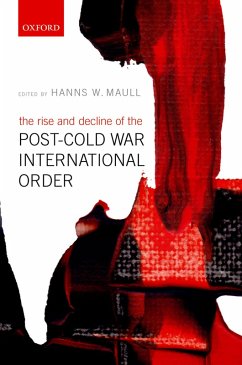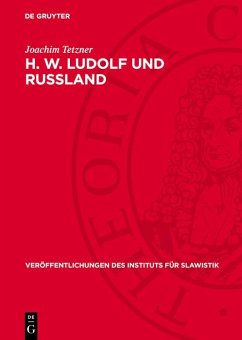
Trusting Enemies (eBook, PDF)
Interpersonal Relationships in International Conflict

PAYBACK Punkte
5 °P sammeln!
How can two states with enemy relations transform their relationship? Nicholas Wheeler argues that the discipline of International Relations has not done a good job of answering this question because its focus has been on the state and the individual levels of analysis. In this ground-breaking book, he argues for the importance of a new level of analysis in trust research the interpersonal relationships between state leaders. In doing so, he makes two key contributions. Firstly, developing a new theory of interpersonal trust that can be applied to the international level, and secondly, showing...
How can two states with enemy relations transform their relationship? Nicholas Wheeler argues that the discipline of International Relations has not done a good job of answering this question because its focus has been on the state and the individual levels of analysis. In this ground-breaking book, he argues for the importance of a new level of analysis in trust research the interpersonal relationships between state leaders. In doing so, he makes two key contributions. Firstly, developing a new theory of interpersonal trust that can be applied to the international level, and secondly, showing how this theory contributes to the literature on signalling in IR. The theory of interpersonal trust developed in the book provides a novel response to the central problem identified by signalling theory in IR: whether the receivers of signals interpret them in the way intended by their senders. The author argues that, in fact, trust between two leaders is causally prior to the accurate interpretation of the signals they send with the aim of communicating peaceful intent. Trust, therefore, does away with the problem of the ambiguity of signal interpretation. He goes on to examine exactly how a new relationship of trust emerges between two leaders who represent states with enemy relations: through face-to-face interaction and the crucial process of bonding between them that this makes possible. This powerful new theory of interpersonal trust is applied to three cases: the personal interactions between US and Soviet leaders Ronald Reagan and Mikhail Gorbachev in ending the Cold War; the face-to-face interactions between Indian Prime Minister Atal Bihari Vajpayee and Pakistani Prime Minister Nawaz Sharif in reducing conflict between India and Pakistan in 1998-1999; and the interactions in 2009-10 between Barack Obama and Ayatollah Ali Khamenei that failed to achieve a breakthrough in US-Iran nuclear relations.
Dieser Download kann aus rechtlichen Gründen nur mit Rechnungsadresse in A, B, BG, CY, CZ, D, DK, EW, E, FIN, F, GR, HR, H, IRL, I, LT, L, LR, M, NL, PL, P, R, S, SLO, SK ausgeliefert werden.













